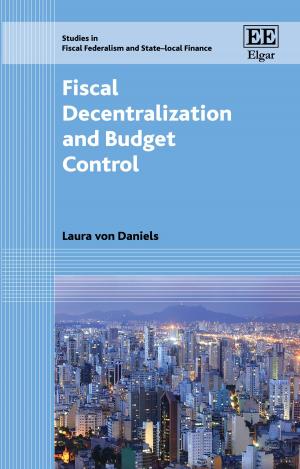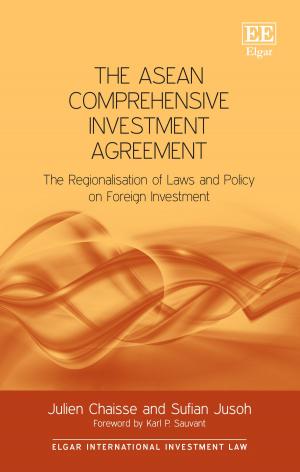China’s Economic Growth Prospects
From Demographic Dividend To Reform Dividend
Business & Finance, Career Planning & Job Hunting, Labor, Economics, Economic Development| Author: | Cai Fang | ISBN: | 9781781005859 |
| Publisher: | Edward Elgar Publishing | Publication: | January 29, 2016 |
| Imprint: | Language: | English |
| Author: | Cai Fang |
| ISBN: | 9781781005859 |
| Publisher: | Edward Elgar Publishing |
| Publication: | January 29, 2016 |
| Imprint: | |
| Language: | English |
In this book Cai Fang explores the contribution of demographic transition to economic growth in China’s reform period, depicts the population factors causing the economic slowdown since the second decade of the twenty-first century, analyses the challenges facing its long-term sustainability when the demographic dividend is disappearing, and proposes important policy remedies. He suggests that in order to avoid the middle-income trap, China's economic growth has to transform from an inputs-driven pattern to a productivity-driven pattern, which requires eliminating several institutional obstacles.
In this book Cai Fang explores the contribution of demographic transition to economic growth in China’s reform period, depicts the population factors causing the economic slowdown since the second decade of the twenty-first century, analyses the challenges facing its long-term sustainability when the demographic dividend is disappearing, and proposes important policy remedies. He suggests that in order to avoid the middle-income trap, China's economic growth has to transform from an inputs-driven pattern to a productivity-driven pattern, which requires eliminating several institutional obstacles.















